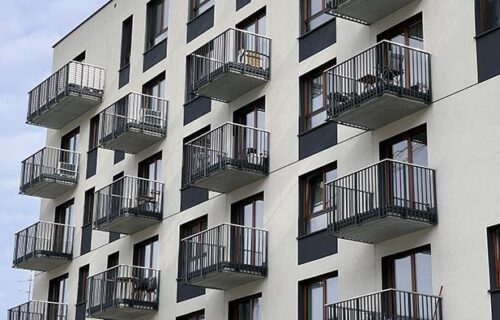Romania’s residential market experienced a pronounced surge in July, recording unusually high apartment sales in Bucharest and other major cities as buyers rushed to secure purchases under the reduced VAT rate before it increased from 19% to 21% on 1 August.
In Bucharest, slightly more than 5,000 homes changed hands—marking the third strongest monthly performance in the past two and a half years—especially concentrated in Sectors 3 and 6, reinforcing their status as development hotspots . Cluj-Napoca emerged as another market with pronounced activity, where July saw over 1,000 transactions, the highest level in approximately three and a half years . In contrast, Timișoara posted modest gains, and Iași experienced a noticeable slowdown in sales.
Comparing the first seven months of 2025 with the same period in 2024 reveals diverging trends: Bucharest recorded a 7% decline, Timișoara slipped by 3%, and Iași dropped sharply by 25%, while Cluj-Napoca posted a robust 14% year-on-year increase. On aggregate, the national market remains broadly on par with the previous year.
Colliers attributed the July surge to buyers and developers accelerating transactions ahead of the VAT shift. Pre-contracts signed by 1 August enabled buyers to retain eligibility for the reduced VAT, provided the properties are delivered by 1 August 2026.
Real estate analysts warn that the VAT hike may put upward pressure on housing prices, though actual pricing outcomes will depend on the supply-demand balance. Some developers have indicated they may absorb some or all of the increase, at least temporarily, to maintain sales momentum. Nevertheless, environmental factors—such as new taxes, higher property levies, rising energy costs, and a weakening economic backdrop—may weigh on demand in the coming months.
Additional data from the property sector highlights a significant year-on-year jump in national apartment sales for July: a 16.7% increase compared to July 2024, with strong regional growth—Cluj up 20.2%, Iași up 27.3%, and Timiș up 15.4% . Experts noted that this surge exceeded even previous record-setting years like 2021 and 2022.
